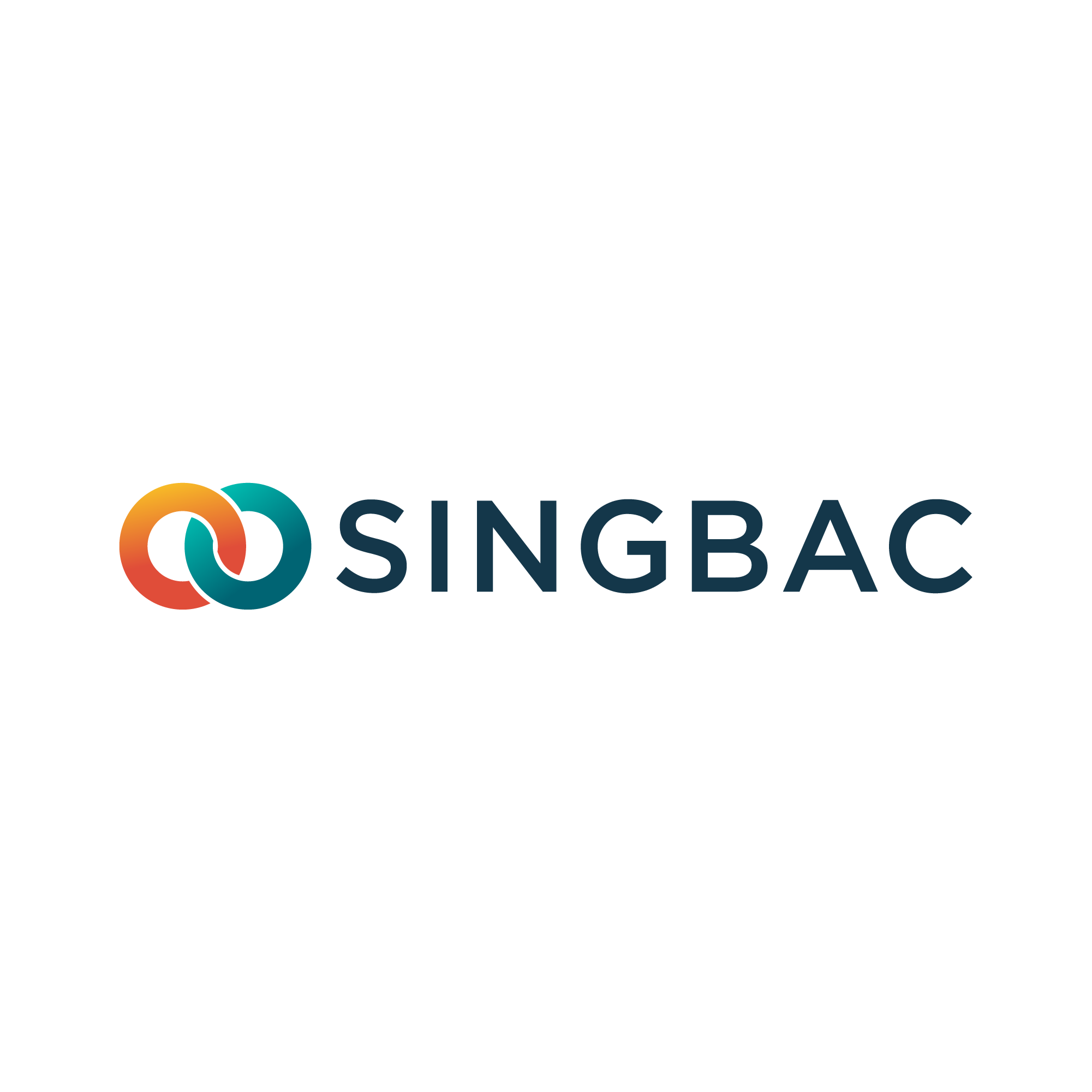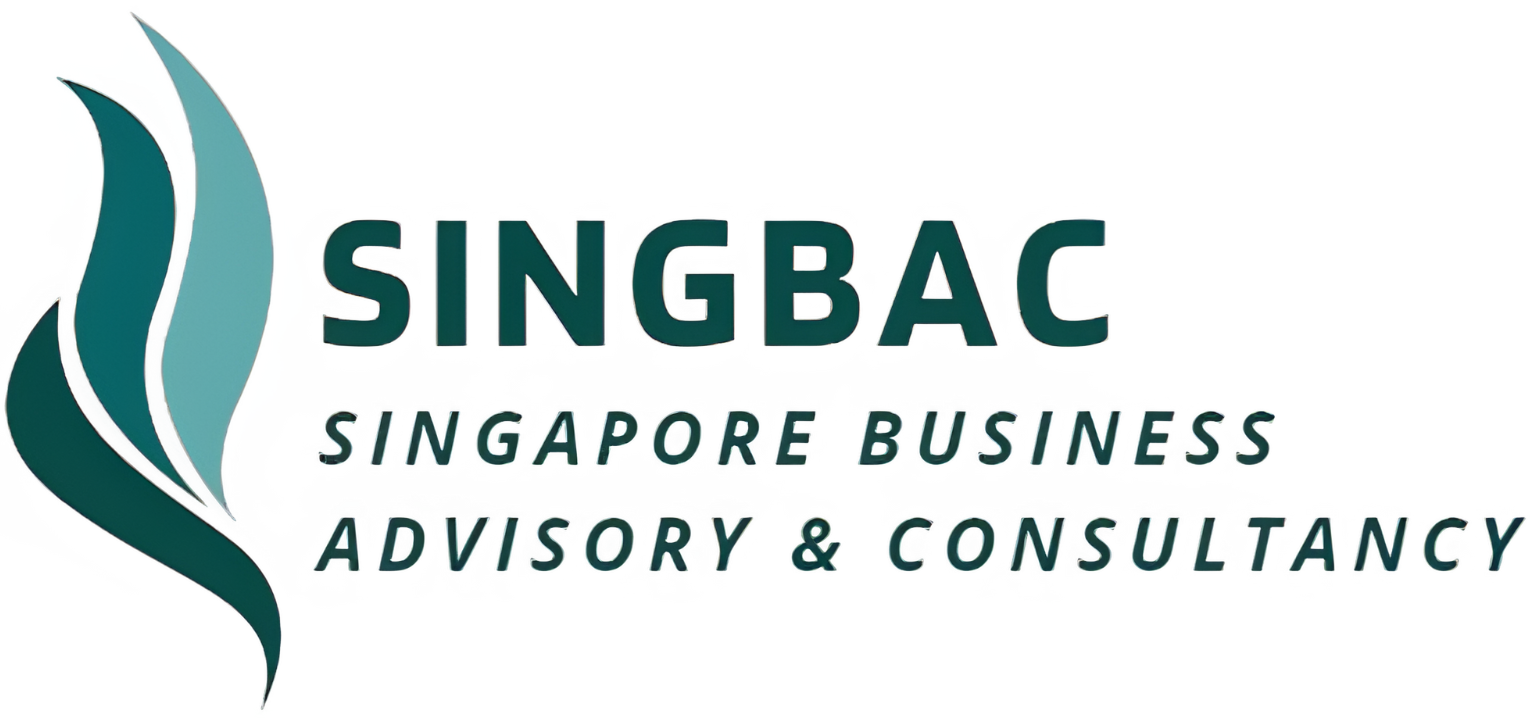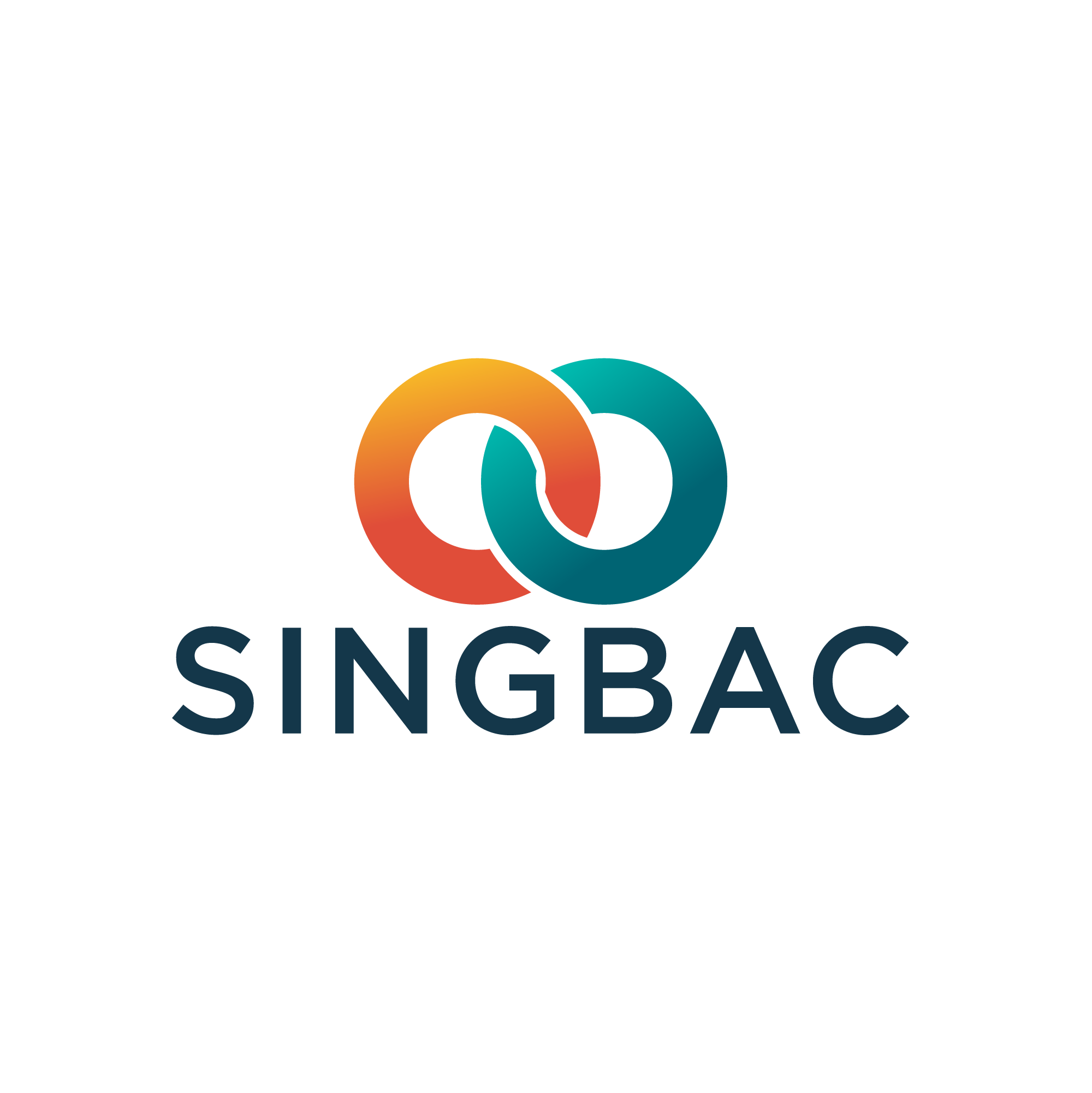Starting a business in Singapore can be an incredible journey. Imagine setting up your company in a place that’s not just business-friendly, but also boasts some of the world’s most impressive infrastructure.
If you’re an entrepreneur from overseas or kickstarting your startup in Singapore, getting a grip on the tax scene can be a challenge.
Having guided numerous businesses to launch their operations in Singapore, many of them I’ve assisted have benefitted from a better understanding of the tax rules.
Let me walk you through the various tax exemptions for new launchers.
What is the corporate tax rate in Singapore?
Before I dive into the various tax exemptions, let me give you an overview of Singapore’s corporate tax system.
Singapore is known for its competitive corporate tax rate. Currently, the flat corporate tax rate stands at 17%. This rate is relatively low compared to many other countries, making it an attractive destination for businesses seeking a favourable tax environment.
Let me break it down for you on how a corporate tax rate is calculated.
Profits of your Singapore company are taxed at 17%, not on your company’s gross revenue.
For example, if Company X earns $300,000 in 2022, you deduct the expenses incurred before arriving at the net profit or loss.
Let’s say, the net profit after the deduction of expenses is $20,000. The tax rate of 17% will then be applied to the $20,000, which is $3,400.
That said, with a buffet of tax benefits such as exemptions, rebates, and incentives, you’re looking at some sweet savings. Here is where new companies, whether local or foreign, are poised to reap the benefits for up to three years.
Singapore offers tax breaks for things like research and development, certain investments, and specific expenses, which I’ll cover in a bit.
So, how do you figure out what you owe in taxes? Just add up these benefits and subtract them from your total earnings. That’s the amount you’ll be taxed on.
Here is the formula for calculating your corporate tax in Singapore.
[Taxable/Chargeable income - (Exemptions + Incentives + Deductions)] x 17%To illustrate from the example I gave earlier, the profit made in 2022 was $20,000. You’ve got exemptions, rebates, incentives, and deductions totalling $12,000, for instance.
How to calculate corporate tax in Singapore
- Starting Point: Your 2022 profit is $20,000.
- Account for Tax Benefits: You have total exemptions, rebates, incentives, and deductions amounting to $12,000.
- Determine Taxable Amount: Subtract these benefits from your profits
- $20,000 (Profit) – $12,000 (Tax Benefits) = $8,000 (Taxable amount)
- Calculate the Tax: Apply Singapore’s 17% corporate tax rate to the taxable amount:
- $8,000 x 17% = $1,360
And that’s how you calculate your corporate tax after accounting for tax benefits in Singapore.
Tax exemption scheme for new startups

In a strategic move to bolster local enterprises, Singapore rolled out the “new startup company scheme” back in 2005. What’s the scoop?
Well, if your startup ticks certain boxes, you’re in for some tax perks for the initial three consecutive Years of Assessments (YAs).
Specifically, for YAs from 2020 and beyond, eligible new companies can enjoy a 75% tax break on the first S$100,000 of their taxable income. And there’s more – an extra 50% off on the subsequent S$100,000.
Let’s break this down with a simple example:
Suppose your company makes $200,000 in its debut year. Here’s how the tax benefits play out:
- On the first $100,000:
- You get a tax break of 75%, which means you won’t be taxed on $75,000 of it
- So, you’re only taxed on the remaining $25,000
- On the next $100,000:
- You receive a 50% tax break, so $50,000 is off the tax radar
- That leaves another $50,000 for taxation
Now, combine the two taxable amounts: $25,000 + $50,000 = $75,000.
With Singapore’s 17% corporate tax rate, your tax bill comes to 17% of $75,000, which is $12,750. That’s what your company owes in taxes for the year!
Eligibility criteria
To qualify for the tax exemption scheme:
- Your company must be incorporated in Singapore.
- Be a tax resident in Singapore for that financial year.
- Your company’s maximum annual turnover should not exceed S$5 million.
- Not have more than 20 shareholders, with at least one individual shareholder holding a minimum of 10% of the shares.
Tax exemption schemes and incentives in Singapore
Let’s get to the real deal and look at what the various tax exemption scheme means for you.
Start-up Tax Exemption Scheme (SUTE)
The Startup Tax Exemption Scheme (SUTE) in Singapore is designed to support newly incorporated companies by offering relief during their initial years of operation.
If your qualifying startup earns $200,000 in its first year, you can benefit from tax exemptions from the illustration I’ve used above, provided you meet the criteria. However, property development and investment holding firms are excluded.
This scheme is especially beneficial for startups as it significantly reduces their tax liabilities during the crucial initial years, allowing them to reinvest and grow their business.
Partial Tax Exemption (PTE)
To offer tax relief to all companies, not just startups, the government also offers partial tax exemptions (PTE).
Exemption breakdown:
- First $10,000 of taxable income: 75% tax exemption
- Next $190,000 of taxable income: 50% tax exemption
Example: If a company earns $200,000:
- $7,500 (75% of $10,000) is tax-free
- $95,000 (50% of $190,000) is tax-free
Total taxable amount: $97,500
In essence, the PTE scheme helps reduce the tax burden on companies, allowing them to retain more of their earnings.
Development and Expansion incentive (DEI)
DEI Is A Key Initiative By The Government To Encourage Businesses To Undertake Significant Expansion And Growth Activities Within The Country.
If you are in this position, the scheme supports your company in Singapore, planning to scale up its operations, innovate, or venture into new business activities.
Here are a couple more of the highlights.
- Tax incentive: Companies under the DEI can enjoy a reduced tax rate on incremental income from their expansion activities. This rate is typically lower than the standard corporate tax rate of 17%.
- Eligibility criteria:
- The company should have a clear growth trajectory and a significant operational presence in Singapore.
- The expansion activities should lead to economic benefits for Singapore, such as job creation, the introduction of new skills, or technology transfer.
- The company should commit to substantial capital expenses and business spending in Singapore over the incentive period.
- Duration: The incentive period is typically five years, but it can be extended based on your company’s performance and continued commitment to growth in Singapore.
- Application: Companies can apply to the Economic Development Board (EDB) of Singapore, which evaluates the applications based on the company’s growth plans, potential economic contributions, and other relevant factors.
Double Tax Deduction (DTD) for Internationalization
If you’re a Singapore company eyeing the global stage, the DTD scheme gives you a tax-friendly nudge to help you on your international journey.
- What is it? A tax incentive for Singapore-based companies to go global.
- Benefit: Companies can claim a 200% tax deduction on eligible expenses for overseas expansion activities.
- Eligible activities: These include overseas business development trips, overseas trade fairs, and market surveys.
- Who’s it for? Singapore companies looking to expand their operations internationally.
Global Trader Programme (GTP)
Are you coming from the global trading game? Well, the Global Trader Programme is Singapore’s way of rolling out the red carpet for you!
- What is it? A program to encourage global trading companies to set up their bases in Singapore.
- Benefit: Qualifying traders enjoy reduced corporate tax rates on their trading income.
- Who’s it for? Companies involved in the international trading of certain commodities, including energy, metals, and agricultural products.
- Bonus Point: The program also covers activities like procurement, distribution, and transportation.
Research and Development tax incentives (R&D)
To motivate your business to dive deeper into R&D, innovation, and capability enhancement, the Research and Development tax measures are enhanced and introduced under the Enterprise Innovation Scheme.
The scheme bolsters R&D in Singapore by offering enhanced tax deductions on qualifying research expenses.
It broadens the scope of eligible R&D activities, simplifies the claims process, and positions Singapore as a prime hub for businesses keen on innovation and technological advancement.
Filing and paying corporate taxes in Singapore: A quick guide
- Prep work: Start by getting your financial statements in order and figuring out your taxable income.
- Choose your form:
- Big earners (revenue >$5 million): Use Form C
- Mid-tier earners (revenue <$5 million): Go with Form C-S
- Smaller players (revenue ≤ $200,000): Pick Form C-S (Lite)
- Grab these forms from the IRAS website. You can either mail them in or submit them online.
- Wait for the bill: After you’ve submitted your tax return, IRAS will do the math and send you a Notice of Assessment (NOA). The NOA tells you how much tax you owe.
- Time to pay: You’ve got 30 days from when you get the NOA. Pay online, use a recurring electronic payment option through a bank (GIRO), or head to specific payment spots. Remember, being late means extra fees!
And that’s the drill! Make sure you pay on time to avoid any hiccups.
Wrapping things up
Singapore’s pro-business tax environment is one of the many reasons why it’s a top destination for startups and established businesses.
While tax exemptions might feel like trying to float with an inflatable unicorn, with my guidance, you can navigate through them like a pro and enjoy the unique vistas of the Singapore business skyline.
The journey might seem daunting, but remember, every great skyline was once a blank canvas. With the right partner by your side, you can paint your success story.
So, if you’re ready to turn challenges into milestones and dreams into realities, let’s embark on this journey together.
Reach out, and let’s co-create your legacy in the heart of Singapore’s bustling business landscape.



